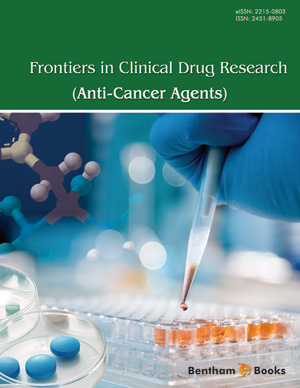Abstract
Lung cancer is one of the most commonly diagnosed malignancies and the leading cause of cancer-related mortality in North America. The heterogeneity of nonsmall cell lung cancer (NSCLC) and the importance of linking new, targeted agents to the appropriate disease subtype require an individualized approach to treatment. In patients with epidermal growth factor receptor (EGFR) mutations, EGFR tyrosine kinase inhibitors (EGFR-TKIs) provide a highly effective treatment option, with improved toxicity compared with standard chemotherapy. Newer irreversible EGFRTKIs have additional advantages and are able to overcome the resistance seen with the older reversible agents. A number of clinical trials using EGFR-TKIs are showing promising results, including a superior side-effect profile and improved quality of life when compared with standard chemotherapy. Studies using EGFR-TKIs will aid in determining the optimal positioning of these therapies. With improvements in both testing and access to treatment, targeted use of EGFR-TKIs may greatly improve outcomes in NSCLC.
Keywords: Non-small cell lung cancer, epidermal growth factor receptor, epidermal growth factor receptor mutation, epidermal growth factor receptortyrosine kinase inhibitors, afatinib, erlotinib, gefitinib, adverse drug event, skin rash, diarrhea, quality of life.






















